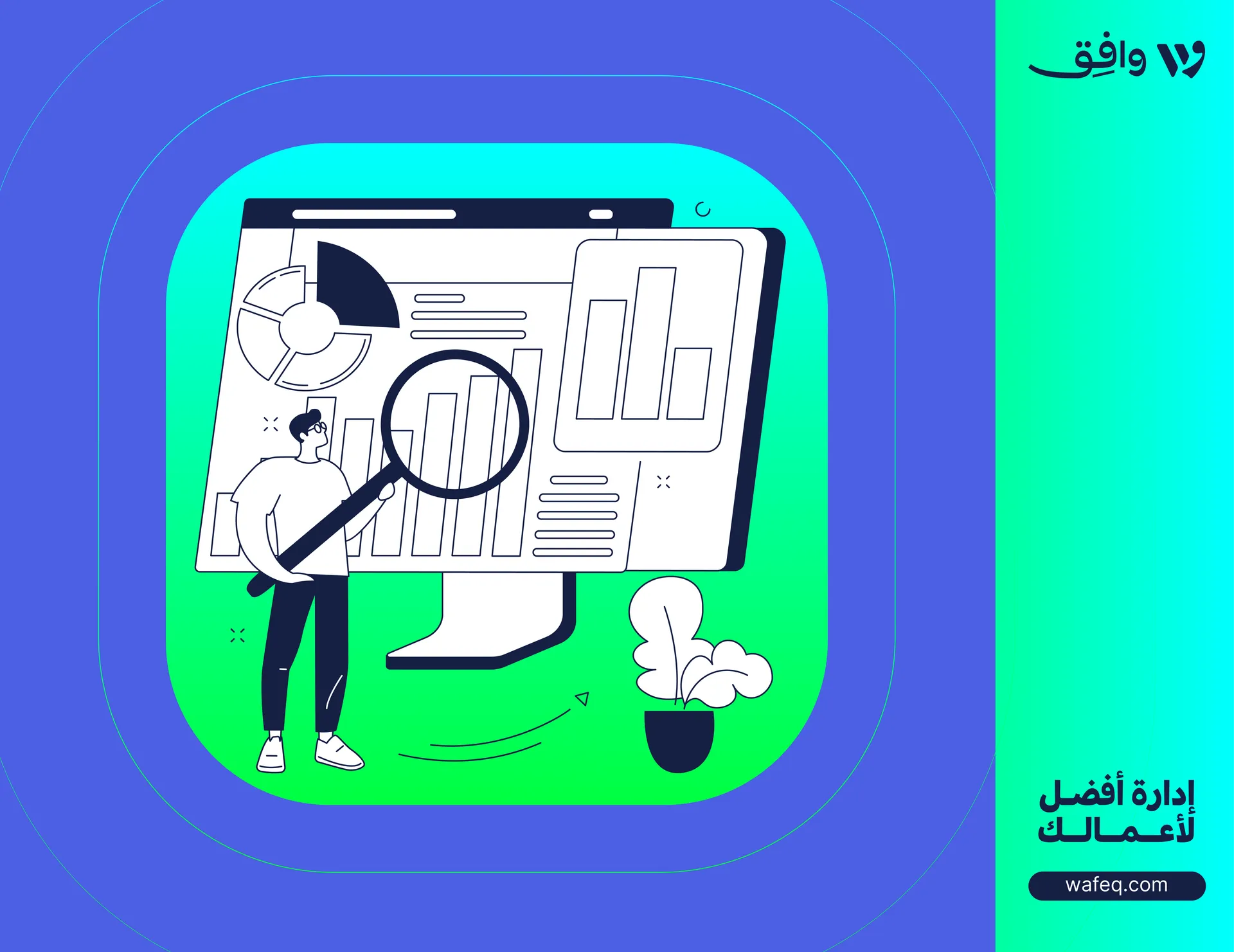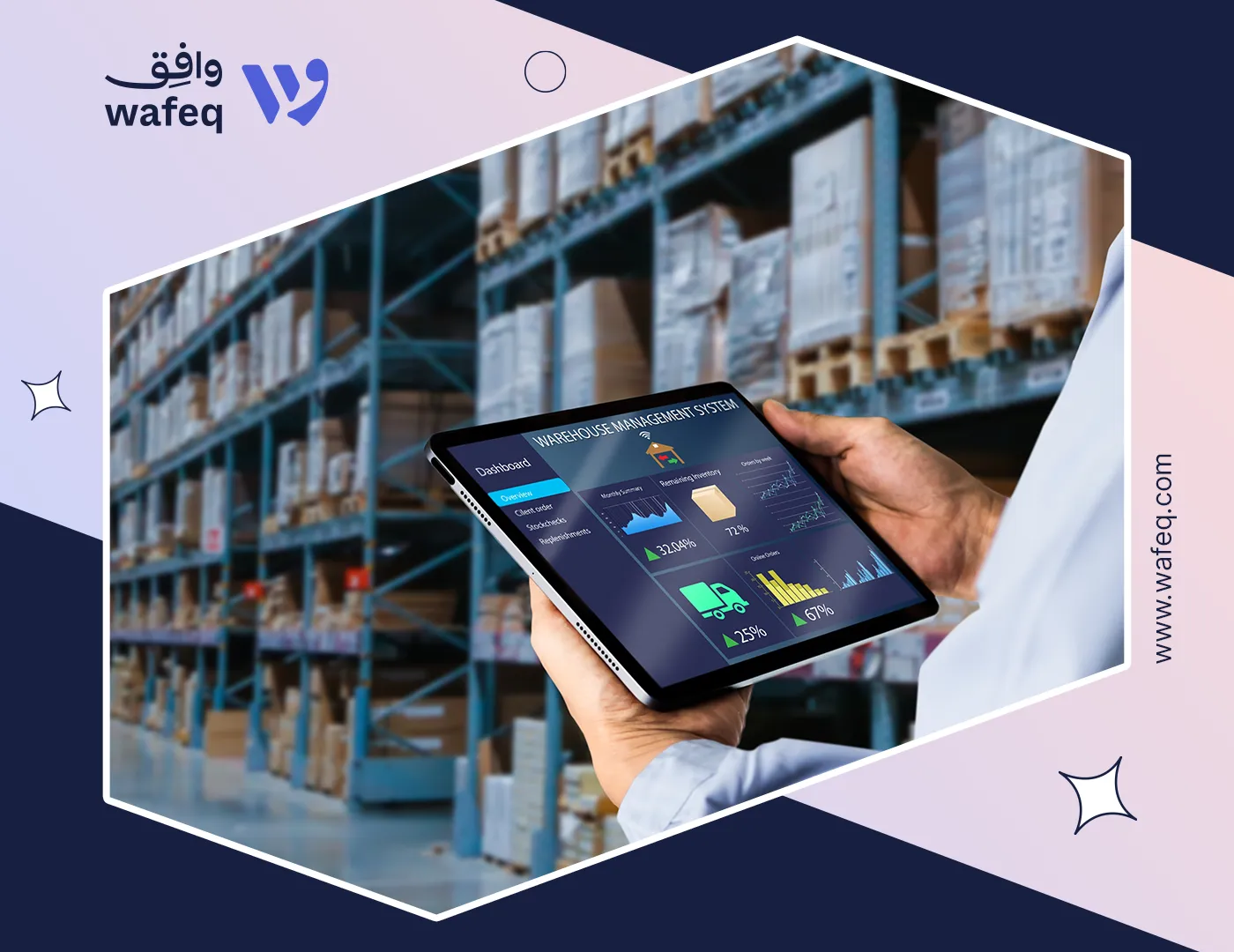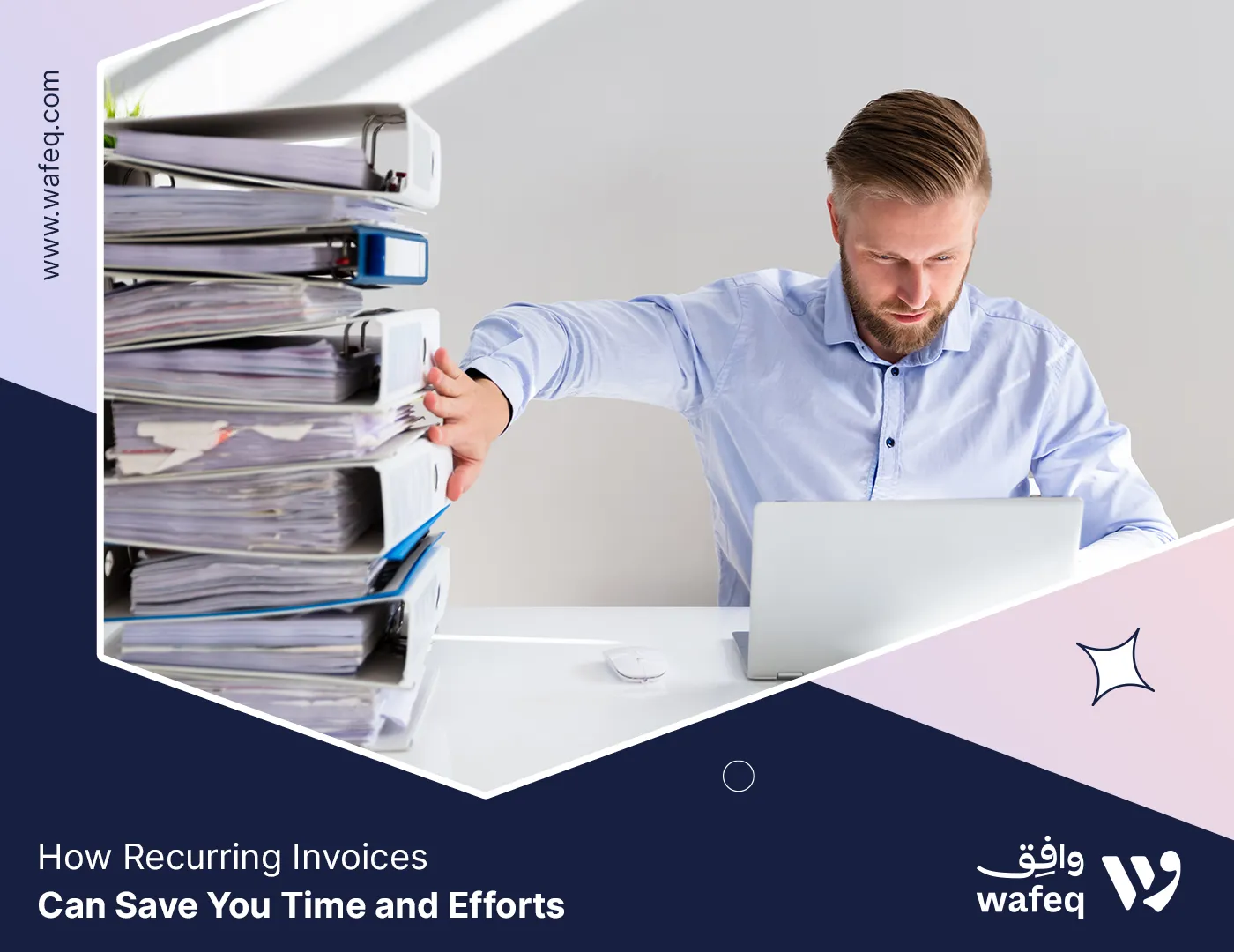Accounting Information For Small Businesses: A Comprehensive Guide

Keeping numbers in order is vital for every company out there. However, it can be a relatively tough job for small enterprises who either lack experience or the funds to opt for the solutions large corporations use. Thankfully, there are alternatives—read on to find out crucial accounting information tailored for small businesses.
Introduction To Accounting And Its Importance
Every firm needs accounting. The ability to track business spending and identify potential development areas greatly depends on your record-keeping.
Appropriate accounting also guarantees that business owners pay as much in taxes as they owe to the government and their employees—not more, not less.
- Take your company's financial objectives into account when you assess your accounting approach.
- Your company's success depends on clearly stated financial objectives, regardless of whether you run it alone or with employees.
According to experts, small firms frequently collapse when their financial flow runs out. To avoid this circumstance, your company should put in place effective record-keeping procedures and a good financial plan.
Use Wafeq - an accounting system to keep track of debits and credits, manage your inventory, payroll, and more.
Use Wafeq - an accounting system to keep track of debits and credits, manage your inventory, payroll, and more.
What Is Accounting For Small Businesses?
Accurate bookkeeping, which involves keeping well-organized records of a company's financial operations, including sales, costs, assets, and liabilities, is necessary for small business accounting.
If you’re unfamiliar with any of the above terms, check out one of our other articles with detailed explanations.
- Balance sheets
- Income statements
- Cash flow statements
are the three types of accounting reports that bookkeepers often work with.
Each report contains distinct values and offers a different perspective on the financial health of a company. The variations between these reports are discussed in the section that follows.
The Balance Sheet Simply Explained
Balance sheets reveal the assets and liabilities of a business. A small business's financial situation at a given period might be shown in this kind of statement. The assets and liabilities of the firm are readily visible to bookkeepers.
Balance sheets may be created by anybody at any time, although businesses normally do it at the conclusion of each quarter. A balance sheet is made up of assets, liabilities, and shareholders' equity.
The Income Statement Simply Explained
Income statements, often known as profit and loss statements, list all of a small business's receipts and other relevant transactions for a given time frame. Income statements for businesses are generally prepared annually.
Revenue, profits, costs, and losses are the four main components of income statements that bookkeepers use to determine net income.
The Cash Flow Statement Simply Explained
Cash flow statements describe the total amount of money coming into and going out of a business. These claims are limited to investments that may easily be converted into cash, such as cash and cash equivalents.
Adjustments are made to the income statement of a company to determine cash flow. Bookkeepers deduct non-cash goods and transactions from the net income by adding and subtracting.
Operating activities, investment activities, and financing activities are all parts of a cash flow statement.
Read Also: Financial Statements Glossary: Understanding Key Terms.
Accounting Procedures For Small Businesses
The financial management of a small business requires more than just bookkeeping. Using expert accounting techniques enables you to plan effectively for the future of your business and satisfy regulatory obligations.
Successful small firms should now think about outsourcing their accounting requirements or purchasing accounting software. Each choice has advantages and disadvantages, which are described in more depth below.
Accounting Software For Small Businesses
Accounting software for small businesses is often used by successful business owners or those familiar with accounting fundamentals but can’t call themselves professionals. Comparing digital bookkeeping to manual computations reveals how much faster the former is.
- Leading accounting software Wafeq can compute numbers, enter data, monitor performance indicators, and generate company reports automatically.
- Wafeq ensures precise computations once you enter your data accurately, making your life easier during the tax season.
- Additionally, Wafeq can display data trends, settle account receivables, send invoices, interact with other office management tools, and make sure that tax filings are up-to-date.
- The productivity of your business is increased by the superb data storage provided by accounting software like Wafeq, which enables rapid access to information like payment history.
Upgrade Your Business Accounting with Wafeq: A Solution to Common Accounting Software Disadvantages
Choosing The Right Accounting Solution For Small Businesses
Your time might be freed up to concentrate on other company activities when you have a solid, effective accounting system. Consider the following inquiries when you look into accounting solutions for your business:
- What size is my business?
- Which accounting technology benefits my business the most?
- Is my knowledge of fundamental accounting sufficient for the job?
- Does my cash flow allow for monthly or yearly accounting expenses?
- How do I feel about disclosing private company information to a third person or accounting firm?
- Is it realistic for me or my staff to complete daily data entry?
- Does my business operate in a complicated tax environment that might be audited?
- Do my rivals in the industry find a certain approach to be particularly helpful?
- Are there any compatibility issues with frequent technical procedures, such as payroll computation?
You may choose the best course of action for your small business using the answers to the aforementioned questions as a guide. After that, you'll be able to resume doing what you love while feeling secure about your financial future.
How is Wafeq's accounting software changing the game for BNPL in MENA with Tabby?
The Conclusion
Overall, accounting is a must for every firm, and the only choice you have as a business owner is how you make the most out of it.
Outsourcing accounting might be expensive, and hiring your own person is not always an option.
Thankfully, with accounting software like Wafeq, you can combine the best of both worlds and have a full-on solution that will keep your records in order, help you with tax filings, reporting, and day-to-day operations.
If you’d like to upgrade your accounting, reach out now, and get ahead of your competition today!
If you’d like to upgrade your accounting, reach out now, and get ahead of your competition today!


.png?alt=media)










